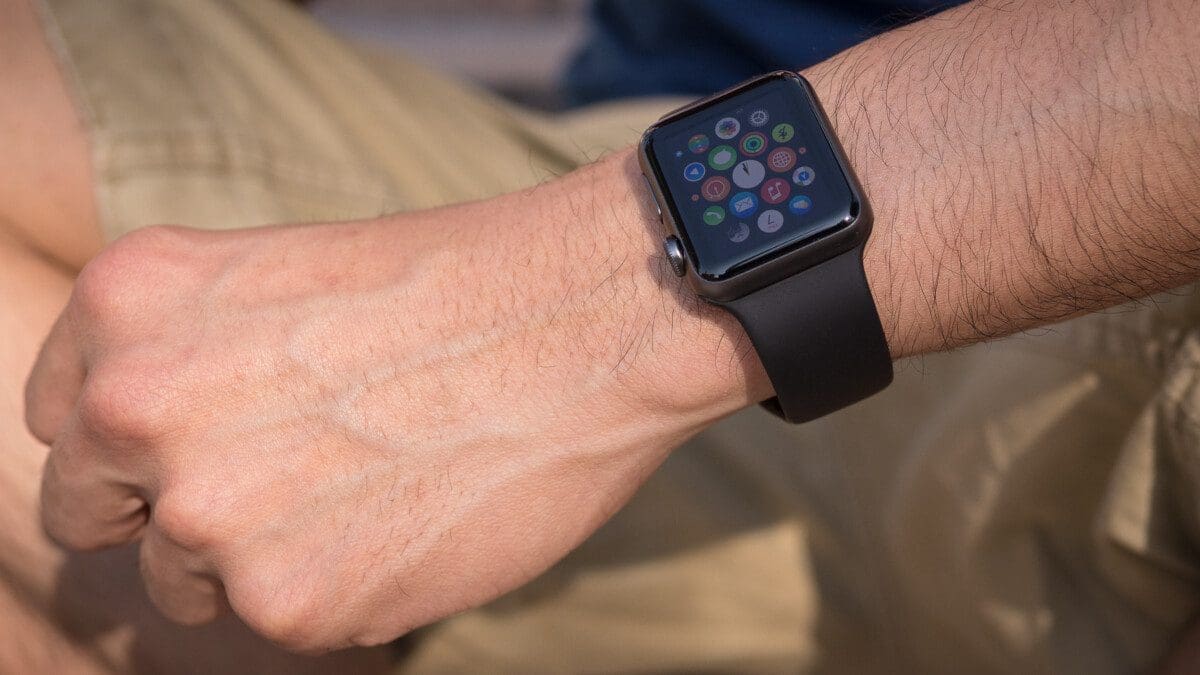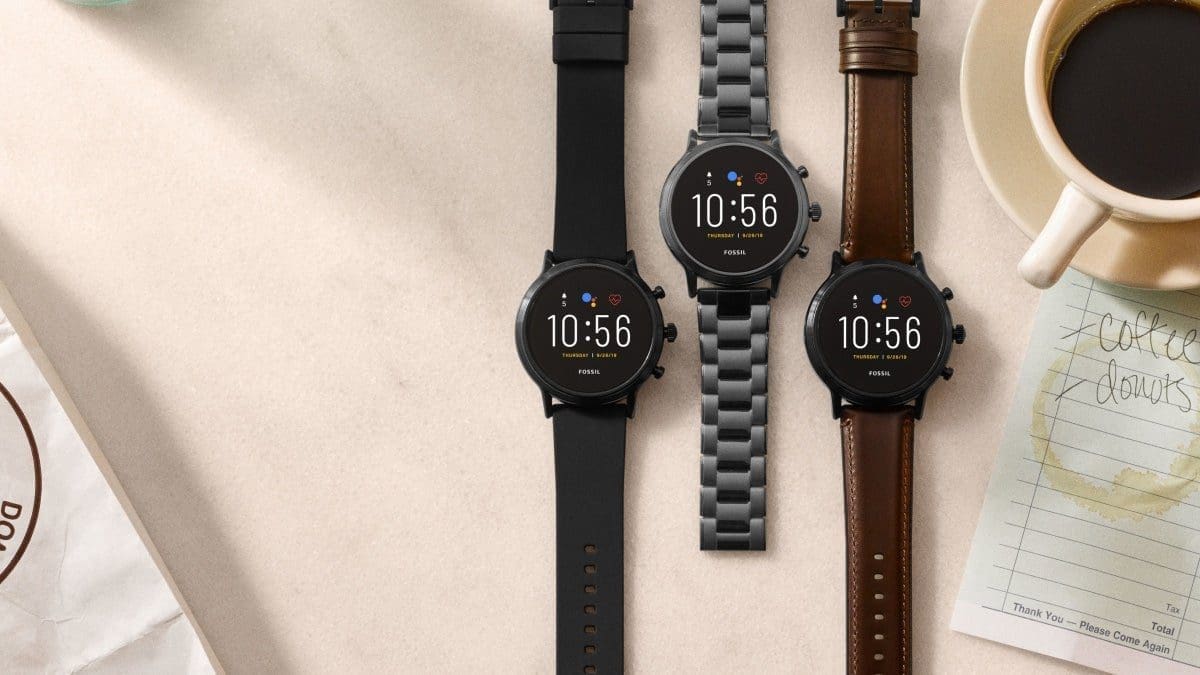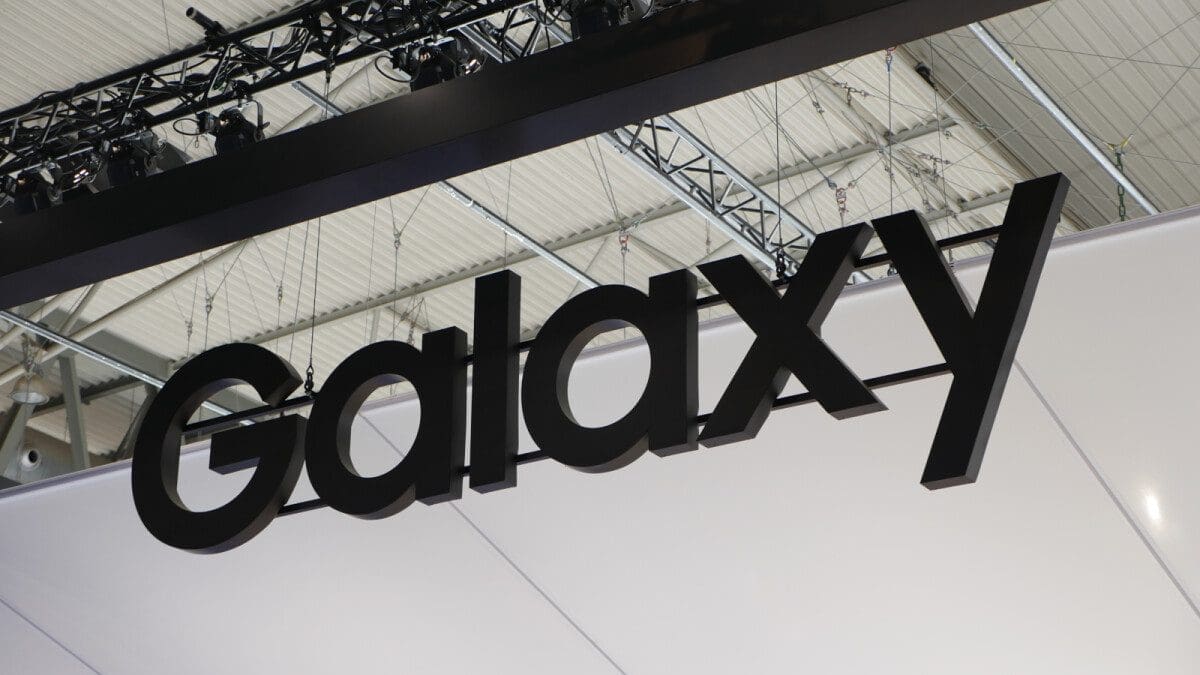Apple Watch: Revolutionary Non-Invasive Blood Glucose Monitor in the Works
A report published today includes some interesting and heretofore unknown information about the Apple Watch. For example, back in 2011, an unknown company had a small office where they started work on developing a non-invasive blood glucose monitor. This could potentially revolutionize the way insulin-dependent diabetics monitor their glucose levels.
Diabetics currently have to extract a drop of blood from their finger, place it on an expensive test strip, and insert it in a glucometer to get a reading. This test needs to be done before every meal every day. The data obtained from these readings helps diabetics determine how much insulin they need to inject before eating. Too much or too little insulin can have severe consequences.
The late Steve Jobs was behind the development of the non-invasive glucose monitor
What no one knew at the time was that this company was owned by Apple and the task it had to develop a non-invasive blood glucose monitor came directly from the late Steve Jobs. In 2015, the Apple Watch was unveiled by Tim Cook, who called it the “next chapter in Apple’s story.” It was originally supposed to have the non-invasive blood glucose monitor as its key feature, but it was not yet ready.
The Apple Watch appears on a model’s wrist on the cover of Vogue in China
Apple is still actively working on the non-invasive glucose monitor and is investing significant resources into its development. Bloomberg reports that Apple is spending in the high tens of millions of dollars annually on the project. It is considered the Holy Grail of smartwatch health complications, and Apple’s dedication to its development demonstrates their belief in its potential.
Project Fennel: Adding Android support to the Apple Watch
Apple also had plans to allow the Apple Watch and the Health app to support Android devices. This project, known as Project Fennel, aimed to introduce Apple’s health initiatives to countries where their market share was low. However, the project was ultimately canceled due to the potential negative impact on iPhone sales.
Apple has made it clear that it is not interested in “post-sick” health care and wants hospitals and doctors to be in charge of treating patients. Instead, Apple focuses on the “worried well” and aims to provide them with the necessary tools and information to take control of their health.
While Apple is working on groundbreaking technologies, experts in the field believe that they need to address the core issues in healthcare. Adrian Aoun, founder and CEO of a high-tech clinic, points out that health care is messy and sometimes requires invasive procedures. Apple’s reluctance to directly handle patient care may limit the effectiveness of their solutions.










